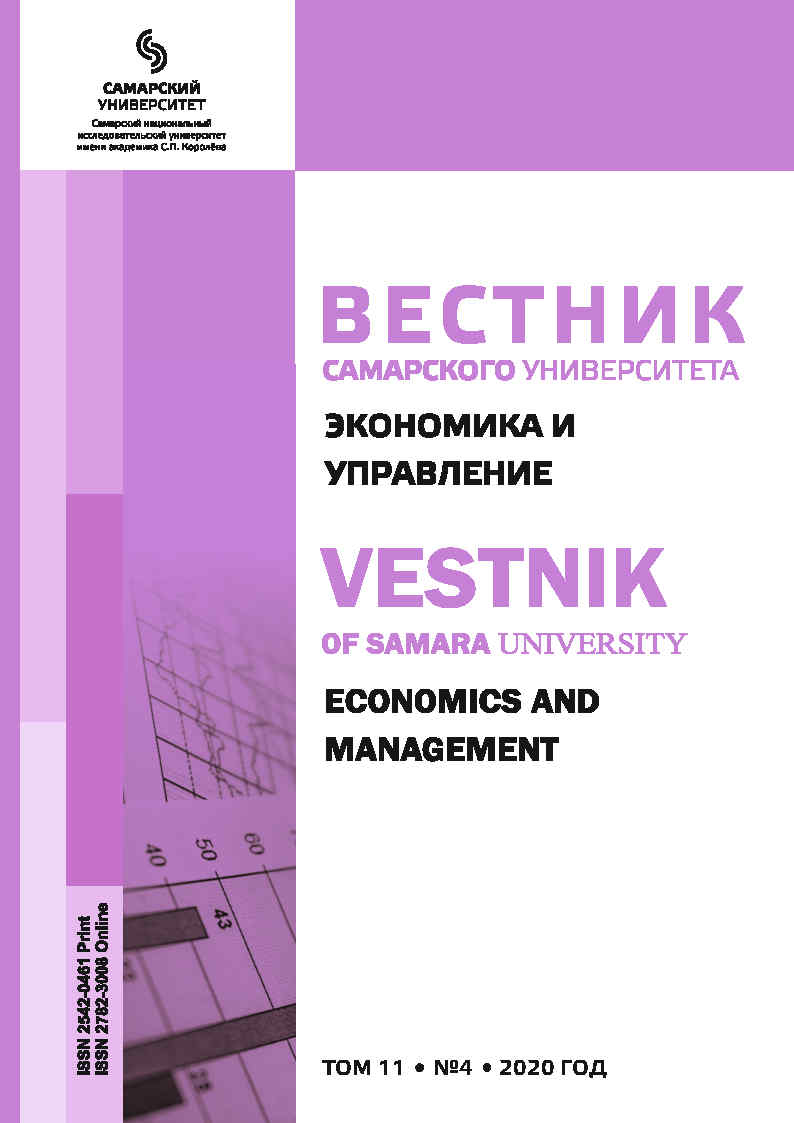Abstract
The article deals with the management of innovation activities of the subjects of the Russian economy, the directions of its development are studied. Innovation management involves the identification of such options for their development, which would, with the use of impact factors, could be applied many times, in various situations with positive results. The authors determined that when analyzing approaches to innovation management, a significant part of research relates to functional approaches. Therefore, the study suggests applying a system-functional method to the definition of this category, i. e. innovation management of economic entities is a set, system of methods and tools that are used by management entities to develop, develop and diffuse innovations in the activities of organizations in order to obtain a certain result. The result is expressed in improving the efficiency of activities, creating innovations or developing competitiveness. Innovations that form new forms of organizational and managerial activity are increasingly taking positions in the development of innovative potential, based on the achievements of information and communication technologies (ICT). The ICT sector creates new competitive advantages for organizations by improving business processes for information and knowledge management, increasing the growth of technological innovations, filling them with the development of professional competencies.










